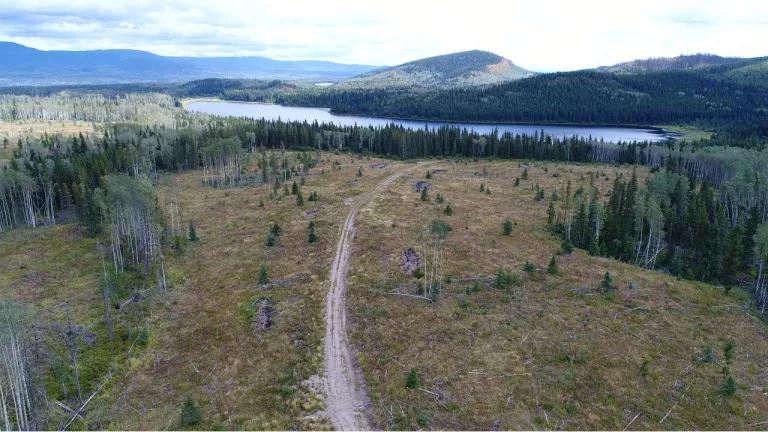News in the world of whales this week (or close to this week), brought to you by Marine Mammals Program Assistant Lauren Packard:
- The ancient practices and shamanic beliefs of the Selk'nam people of Patagonia demonstrate a history of reliance upon sustainably-sourced whale products. These "fueguinos" harvested beached sperm whales, orcas, and pilot whales in the Tierra del Fuego for thousands of years. They stored the whale blubber and meat in swamps, salty water wells, or streams to help them survive long winters, and fashioned tools, combs, hunting weapons, and even dwellings from the whale bones. Whales and dolphins played an integral part in their worldview; myths often starred cetaceans, important spirits were said to resemble whales, and in hard times shamans would sing for 3 to 4 days to attract whales to the beach.
- Researchers have found that endangered North Atlantic right whales in the Bay of Fundy, Canada, are responding to higher levels of ambient undersea noise due to commercial, naval, and recreational ship traffic in their habitats by increasing the amplitude of their vocalizations. Because whales maintain the same frequency characteristics while vocalizing, researchers believe that the louder calls are a short-term compensation to higher ambient noise levels that may be energetically demanding and could potentially impair whales’ fitness. Whales have also been known to abandon vital habitat when ambient noise overwhelms their communications.
- The European Union plans to bar warships from using low-frequency active sonar in waters where dolphins or whales are present. Undersea noise pollution has been proven to disrupt marine mammals’ dive patterns and ability to communicate, forage, and breed. It can also lead to hearing loss and mortality or serious injury caused by hemorrhaging around the brain, ears, lungs, and other organs. The Ministry of Defence’s internal watchdog group the Defence Nuclear Environment Safety Board recently released a report redefining a “deliberate act” to mean “accepting the foreseeable results of an action,” leaving the Ministry of Defence open to legal action should naval vessels use low-frequency active sonar in areas where whales are known to be present. Meanwhile, NRDC is engaged in ongoing litigation to hold our own Navy accountable for its mid-frequency active sonar training ranges’ plans to “take”—harass, inure, and kill—marine mammals more than two million times per year in its Hawaii and California ranges, as well as along the entire Atlantic Coast and Gulf of Mexico.
- A Sea Shepherd activist recently published an expose on the annual Faroese tradition of “grindadrap” (a Faroese term which literally translates to “pilot whale murder”). In the summer months, hunters drive pods of migrating pilot whales into hunting bays or fjords in the Faroe Islands, where locals finish the job by severing the whales’ spinal cords. Hunters can kill hundreds of whales in a matter of hours. Locals who support this tradition claim that pilot meat is a vital food source for the Faroese, although scientists warn that the meat is chock-full of toxic PCBs and mercury. Sea Shepherd is launching a petition to boycott tourism to the Faroe Islands until they stop the annual whale blood-bath.
Meanwhile, this week in Wales...
Wales and South Africa face off in the opening of pool play of the 2011 Rugby World Cup in New Zealand this Sunday. Wales suffered a disappointing first-round exit in France four years ago at the hands of Fiji, but the addition of a few youthful talents has garnered them the dubious title of this year’s underdog to watch.
Related Issues
Nature & Wildlife




